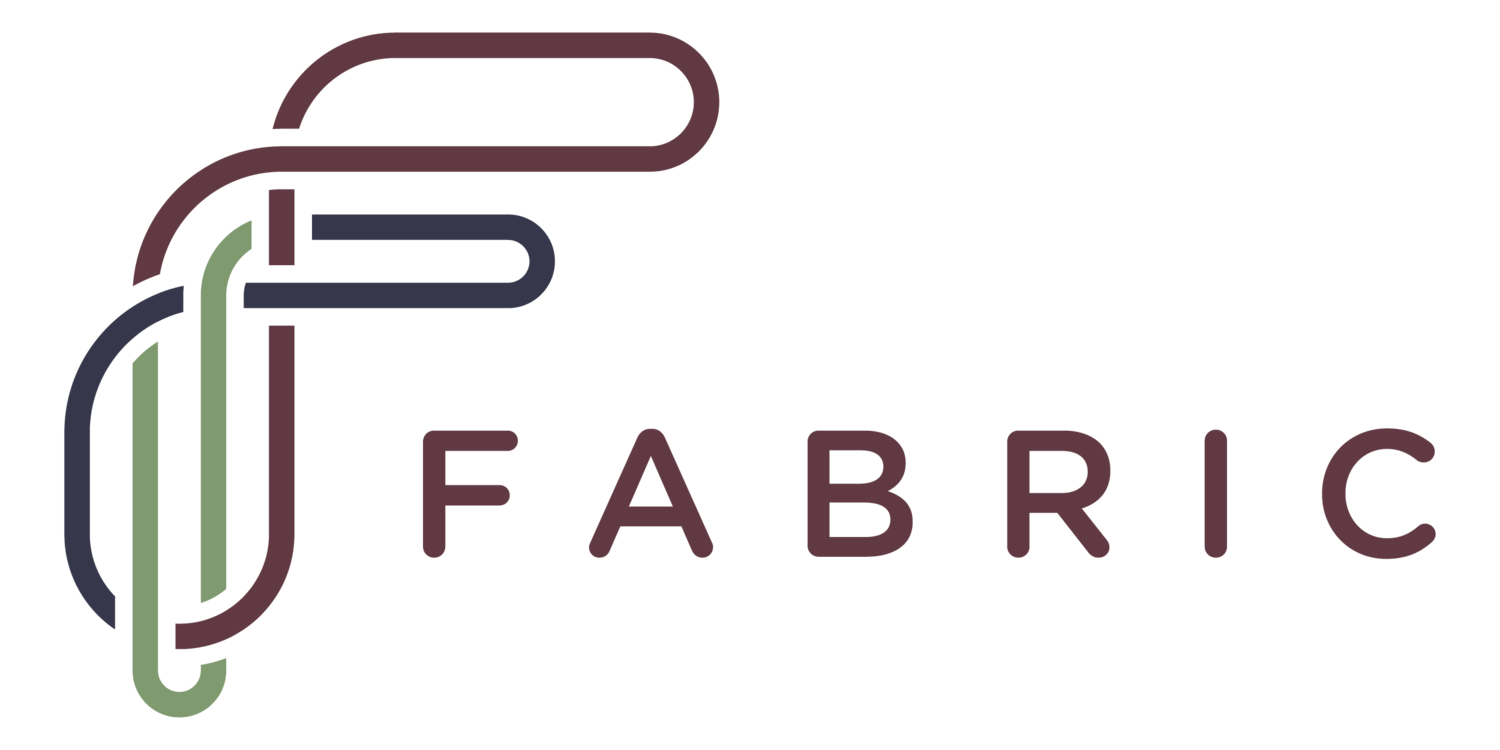The Care and Feeding of Hurting Humans
/Essay and photography by Jeanette Mayo (@fotojeanettic, Facebook, Flickr)
Fabric’s recent North Star series offered me plenty of food for thought: where am I metaphorically going, what guides me through relentless societal stimulation, and who are my fellow travelers? That last part is important, because though the actual North Star might exist in a vacuum, I do not, introverted nature notwithstanding. None of us do. We comprise a web of interdependence and reciprocity, an ebb and flow of sharing, caring and receiving.
Speaking of ebb and flow, this rippled egret reflection captures exactly how I have been feeling lately: discombobulated, disoriented, and discouraged – my stillness bombarded by external forces as well as inner turmoil. Anyone else relate?? Early Noooovember, as I call it, brought not only election tension but also the dreaded (at least by me) time change and the slow decent into darkness and cold. Between politics, war, climate change, and our personal traumas and losses, who doesn’t need care?
This reboot of Fabric’s CareIQ series feels not only relevant, but brave, given the hurtful reality of “Church” with its savior complex and off-putting one-sided helper mentality. “Care” is often couched in institutional and interpersonal power dynamics, not to mention our fiercely independence-oriented culture which values giving over receiving at all costs. What a balm to hear that “providing care isn’t a sign of strength; receiving care isn’t a sign of weakness: it’s all part of being human!” (And, I might add, not limited to the human species.) Self-care isn’t just a spa visit or yet another self-help podcast; joy and rest are legitimate resistance. Care isn’t reserved merely for those with opinions like ours.
Rebecca Solnit’s words the day after the election really struck me: “Take care of yourself and remember that taking care of something else is an important part of taking care of yourself, because you are interwoven with the ten trillion things in this single garment of destiny that has been stained and torn, but is still being woven and mended and washed.” The fabric of the universe, indeed. There is a time for retreat and repair – both individually and communally – and a time to refold ourselves in. Hanging by a thread? It’s OK – so am I! Let’s hang out together.
Author Joanna Macy writes, “we are conditioned to think that despair is a personal problem that we must handle alone.” My early life trauma fossilized this default mode in me: stay quiet, stay safe, work it out yourself, don’t be a burden. Macy continues, “A group experience restores a deep faith in life. There is a strong sense of coming home at last to one another, so that we face this together.” While Macy is referring to ecological trauma, many contributing factors make despair a common denominator in our world right now. This is a time for community in all its forms, and not just for “strong” people. Calling all wounded folks – now is when we are especially needed. “Why bother?”, wrote Sean Thomas Dougherty in his brief poem:
Because right now, there is someone
out there with
a wound in the exact shape
of your words.
Speak, speak up – even a whisper counts; let us each name our grief and give each other permission to do likewise. Let us face outward, and inward, for we too as a church community are experiencing a transitional time of uncomfortable evolution. Let us hold onto these words of wisdom and solace offered by native author Kaitlin Curtice post-election:
Remember, government institutions are not a replacement for kinship.
Ground yourself back to Mother Earth.
Invest in community care.
Tend to your soul’s needs.
Repeat.







Some Deeper wisdom about doing your job from Mayyadda and Katy Schalla Lesiak’s OpEd this week. “…If those questions raise your own version of imposter syndrome or worry that you are wasting your time or not doing enough – you might be doing something right!”